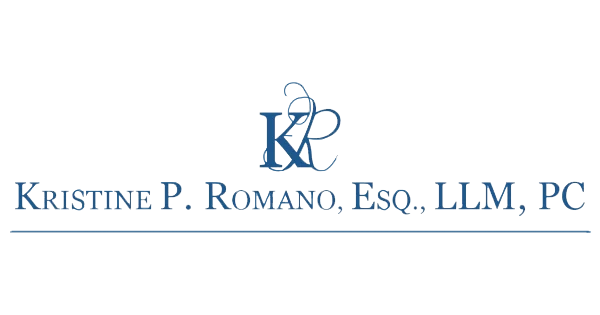Wills and Trusts: How to Choose the Right Estate Planning Tool
What Is the Difference Between a Will and a Trust?
When planning your estate in Northborough, deciding between a Will and a Trust is an essential step. Both are powerful tools, but they serve different purposes. One of the key differences between a Will and a Trust? Property passed through a Will goes through probate, and property owned by a Trust avoids probate. This article explains the roles of Wills and Trusts to help you create a plan that protects your legacy, ensures your loved ones are cared for, and simplifies the transfer of your assets.
A Will is a legal document that outlines how your assets should be distributed after your death. It also allows you to name guardians for minor children and specify other posthumous wishes. However, a Will must ALWAYS go through probate, a court-supervised process to validate the document and oversee the distribution of assets.
A Trust, on the other hand, is a legal arrangement where assets are placed under the control of a trustee for the benefit of your chosen beneficiaries. A Revocable Trust, also known as a living trust, can be changed or terminated during your lifetime and helps your estate avoid probate.
Why Consider a Trust Over a Will?
1. Avoiding Probate
One of the most significant advantages of a Revocable Trust is that it bypasses probate. Assets placed in a trust are managed and distributed by the trustee or successor trustee according to the trust’s terms, avoiding the lengthy and sometimes costly probate process.
2. Maintaining Privacy
Unlike Wills, which become public records during probate, Trusts remain private. This keeps sensitive details about your assets and beneficiaries confidential.
3. Preparing for Incapacity
If you become incapacitated, a Trust ensures that your designated successor trustee can manage your assets without court intervention. This provides a seamless transition of control and prevents the need for a court-appointed guardian.
How Does a Revocable Trust Work?
A Revocable Trust starts with the grantor, who creates and funds the trust. Initially, the grantor often serves as the trustee, maintaining control over the assets. If the grantor becomes incapacitated or passes away, a successor trustee steps in to manage or distribute the trust assets according to the grantor’s instructions.
Key Steps to Setting Up a Revocable Trust
- Drafting the Trust Document: This legal document outlines the trust’s terms, the beneficiaries, and the trustee’s responsibilities. Creating the trust with a Northborough experienced Wills and Trusts attorney ensures that it is set up properly.
- Funding the Trust: Assets like real estate, bank accounts, and investments must be retitled in the trust’s name to avoid probate.
- Choosing a Successor Trustee: Select a reliable person to manage the trust if you are unable to do so.
- Regular Reviews: Periodically update your trust to reflect changes in your life or financial situation.
A Last Will and Testament is the Foundation of Your Plan
While a Trust offers many advantages, a Will is still essential in a comprehensive estate plan. A Will can:
- Name Guardians: Specify who will care for minor children.
- Address Assets Outside the Trust: Ensure any assets not included in the Trust are distributed according to your wishes.
- Serve as a Backup Plan: A “pour-over Will” can transfer remaining assets into your Trust upon your passing.
Common Questions About Wills and Trusts
1. Are Assets in a Trust Protected from Creditors?
No, assets in a Revocable Trust remain accessible to creditors during the grantor’s lifetime because the assets are fully available to the grantors of the Trust. For asset protection, an Irrevocable Trust may be a better option.
2. Can I Change My Trust After It’s Created?
Yes, a Revocable Trust offers flexibility. You can amend or revoke it during your lifetime to reflect changing circumstances.
3. Do I Need Both a Will and a Trust?
Yes, in most cases, combining a Will and a Trust provides the most comprehensive protection. The Trust manages your assets efficiently, while the Will addresses any gaps in your plan.
Choosing the Best Estate Planning Tools for Your Northborough Family
Both Wills and Trusts have unique advantages, and the right choice depends on your specific circumstances. Working with an experienced estate planning attorney at Kristine Romano Law in Northborough ensures that your plan is tailored to your needs and complies with Massachusetts laws. A thoughtful estate plan can save your family time, reduce costs, and protect your legacy. Contact us today to learn how Northborough wills and trusts can secure your family’s future.










